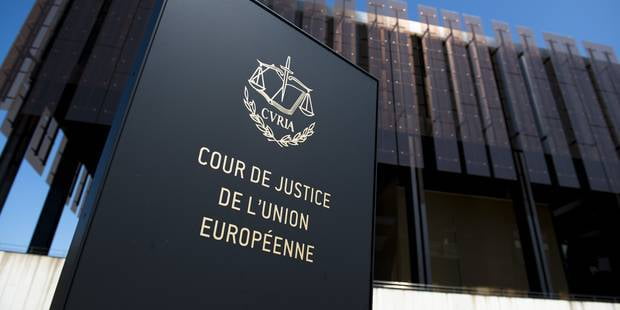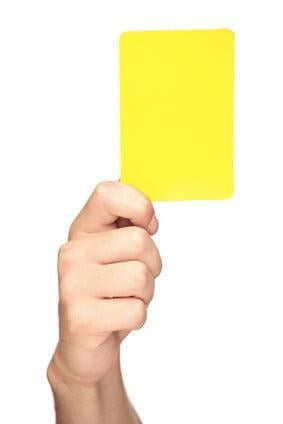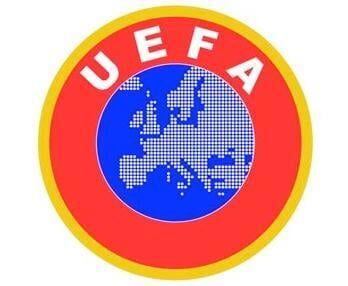The Court of Justice of the European Union declares that the rules of UEFA, FIFA and the ISU on the prior approval of sports competitions are contrary to European competition law. Furthermore, the Court also specifies that arbitration bodies, in matters of sport, must be able to be subject to effective judicial control, in particular by the implementation of a preliminary question.
THE CJEU rules on December 21, 2023 on the application of the anti-competition rules of the TFEU (101 and 102) and on article 267 aimed at preliminary questions
The Court of Justice of the European Union (CJEU) handed down 21 judgments on 12/2023/3 relating to the monopoly of international sports federations.
ON THE JUDGMENT RENDERED BY THE GRAND CHAMBER OF THE CJEU (CASE C-333/21): EUROPEAN SUPERLEAGUE COMPANY SL C/ FIFA AND UEFA
The Court of Justice of the European Union has published a press release.
« The rules of the International Federation of Association Football (FIFA) and the Union of European Football Associations (UEFA) requiring their prior authorization the creation of any project for a new interclub football competition, such as the Superleague, and prohibiting clubs and players to participate in it, under penalty of sanctions, are illegal. Indeed, the powers of FIFA and UEFA are not governed by any criteria ensuring their transparent, objective, non-discriminatory and proportionate nature.
Likewise, the rules which grant exclusive control to FIFA and UEFA over the commercial exploitation of the rights linked to these competitions are likely to restrict competition, given the importance of the latter for the media, consumers and viewers in the Union. »
« It follows that, in the event that the rules of prior authorization, participation and sanction are not governed by material criteria and by procedural arrangements capable of guaranteeing their transparent, objective, precise, non-discriminatory and proportionate, their adoption and implementation constitute an abuse of a dominant position within the meaning of Article 102 TFEU. »
The Court of Justice of the European Union has published a press release.
ON THE JUDGMENT RENDERED BY THE GRAND CHAMBER OF THE CJEU (CASE C-680/21): ROYAL ANTWERP FOOTBALL CLUB
The Court judges that the rules of UEFA and URBSFA (Belgian Football Federation) fall within the scope of European Union law, in that they relate to the exercise of an economic activity and professional.
“have the object or effect of restricting the possibility of clubs to compete by recruiting talented players, regardless of where they were trained”.
“Demonstrate that these rules still encourage recruitment and training, and that they are proportionate to this objective.”
ON THE JUDGMENT RENDERED BY THE GRAND CHAMBER OF THE CJEU (CASE C-124/21 P): INTERNATIONAL SKATING UNION C/ COMMISSION
« must be subject to supervision to ensure its transparent, objective, non-discriminatory and proportionate nature ».
« The present case allows the Court to provide unprecedented clarification on the obligations incumbent on sports federations with regard to Article 101(1) TFEU, when they have established, in the exercise of the powers they hold by virtue of their statutes, rules of authorization and control, accompanied by sanctions, relating to the organization of sports competitions, while at the same time carrying out an economic activity in this field. On this occasion, the Court specifies in particular that the fundamental requirement according to which such rules must be capable of being the subject of effective judicial review implies, in the presence of provisions conferring compulsory and exclusive jurisdiction on an arbitral body with a view to settling disputes concerning the application of the rules in question, to ensure that the court called upon to control the sentences handed down by this body is able, on the one hand, to ensure compliance with the public order provisions of the law of the Union, including the competition rules, and, on the other hand, to refer, if necessary, the Court for a preliminary ruling, in application of Article 267 TFEU »
(...)
« The rules adopted by sports associations cannot limit the exercise of the rights and freedoms conferred on individuals by Union law; rules of prior authorization and eligibility must be accompanied by effective judicial control. This requirement itself implies that the court competent to review awards rendered by an arbitral body can verify that these awards comply with Articles 101 and 102 TFEU. Furthermore, that court must meet all of the requirements set out in Article 267 TFEU, so as to be able or, where appropriate, to satisfy the obligation to refer the matter to the Court when it considers that a decision of this is necessary on a question of Union law which is raised in a case pending before it. ».
(...)
« In this case, the Court notes that the Court limited itself to considering, in an undifferentiated and abstract manner, that the arbitration rules "can be justified by legitimate interests linked to the specificity of sport" in that they entrust the control of disputes linked to the implementation of prior authorization and eligibility rules to a “specialized jurisdiction”. The Court therefore did not seek to ensure that the arbitration rules complied with all of the previously mentioned requirements and thus permitted effective monitoring of compliance with Article 101 TFEU. »
(...)
« The Court judges that the Commission was right to conclude that the arbitration rules reinforced the infringement in question, by making it more difficult for judicial review, with regard to Union competition law, of the awards of the Court of Arbitration for Sport following decisions adopted by the ISU under its discretionary powers under the prior authorization and eligibility rules. Furthermore, the Commission was right to order the ISU to put an end to this situation. »
Explicitly, the Court specifies that Article 267 of the TFEU is fully applicable to arbitration rules which must be subject to judicial review, in this case by the CJEU.








